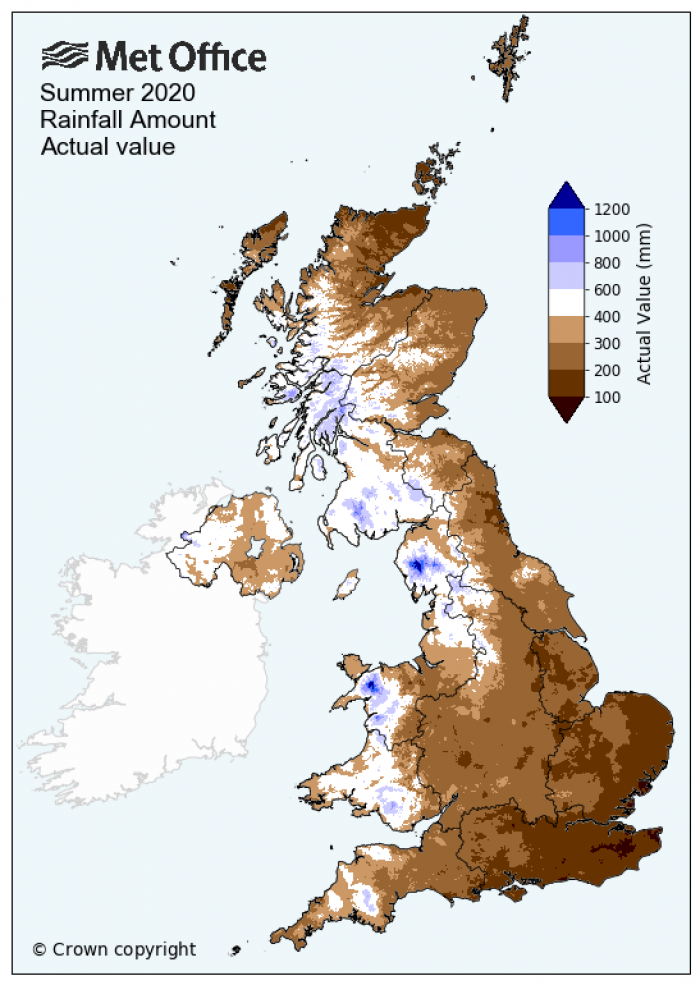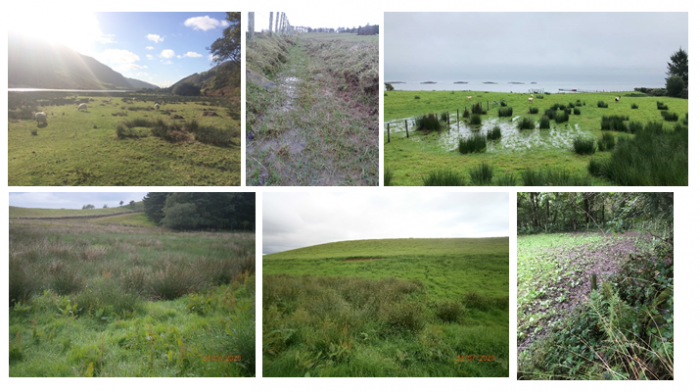14th September 2020
Test before you treat sheep for liver fluke this autumn
This year has highlighted that there is no typical year for fluke. With a very dry spring in some regions followed by a wet summer, the timing of peak fluke risk this year could be different from normal and different across the country. Reports of cases of fluke have started to come in from some regions, however these are variable, highlighting the unpredictability of fluke this year.
Testing before treatment can save money
It is tempting to treat animals for fluke early in the autumn, but this may be a waste of time and money and offers no protection against disease if animals become infected later in the year. COWS/SCOPS experts suggest you use this season’s lambs as sentinels and test them using a blood test before considering treatment of the main flock.
Remember that fluke treatments have no persistency and therefore do not protect animals against re-infection. If sheep are treated before peak infection has occurred and they remain on infected (flukey) pasture, they are still at risk. Drug meat and milk withdrawal periods are not the same as persistence.
Each farm is different and monitoring the situation on an individual farm can help save money.
"It is of great benefit to have a screen of your stock to predict fluke infection. It means also you are not over treating and risking the effect of resistance. There is a saving in cost of drugs required and labour input and gathering could be a day and a half with 3 men. (£372). Finding 3 men while busy at harvest would be difficult and risk the loss of unharvested crops possibly 80 acres of grain 200 tonnes at £130/t.” Anonymous farmer, Scotland
On our high-fluke-risk farm in the Lake District, we are blood-testing sentinel lambs that we have kept in with our ewes to identify the best time to first treat the ewe flock this back-end. We have suffered with fluke in the past and this is the best way to ensure we are spot on with any treatments. If the first lamb tests are negative, we will retest in a month to check again’ says Pete Webster who farms at Matson Ground Estate, Windemere. Blood testing spring born lambs can confirm when stock become infected.
“Farmers are increasingly using blood tests on lambs to check for infection in their sheep, because this is the best diagnostic test at this time of year’ says Prof. Diana Williams, University of Liverpool, The test can detect infection much earlier than faecal methods, which rely on the liver flukes being more mature. Lambs are ideal as an early warning because they can only have picked up liver fluke this season”
Action points:
Treatment of store lambs
If you are buying in store lambs, talk to your vet about responsible treatment. Checking for fluke in any dead stock can provide a useful indication of to the infection level present within the group. Speaking to your veterinarian is a good way of determining the right treatment programme to use.
When dosing, always remember the COWS/SCOPS 5 R’s. Use the Right product, treat the Right animal, at the Right time with the Right dose in the Right way.
More information can be found on the SCOPS (scops.org.uk/) and COWS (cattleparasites.org.uk/) websites.
Notes to editors: -

